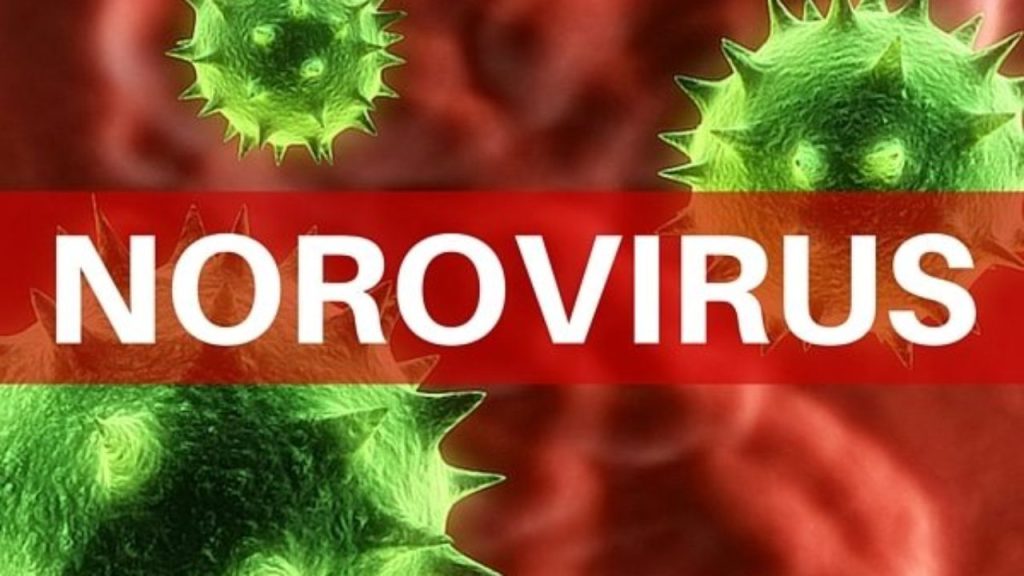
Norovirus are a group of viruses that cause gastrointestinal illness. The virus causes inflammation of the lining of the stomach and intestines, as well as severe vomiting and diarrhea.
Although the norovirus does not significantly affect healthy people, it can be serious in young children, the elderly, and those with other comorbidities.
Norovirus is an animal-borne disease. The disease is transmitted through contaminated water and food. The disease can also be spread through direct contact with infected individuals. The virus is spread through the excrement and vomit of an infected person. Be very careful as the disease spreads very quickly.
Symptoms of norovirus include diarrhea, abdominal pain, vomiting, nausea, fever, headache, and body aches. Acute vomiting and diarrhea can lead to dehydration and worsening.
People infected with the virus should rest at home as directed by their doctor. Drink ORS solution and boiled water well. Treatment should be available if necessary. The virus can be transmitted up to two days after the onset of the disease and should only be released two days later.
Environmental hygiene and personal hygiene are very important.
Wash your hands thoroughly with soap and water before eating and after using the toilet.
Those who interact with animals should pay special attention.
Chlorinate drinking water sources, wells, and water storage tanks with bleaching powder.
Use chlorinated water for domestic use.
Use only boiled water for drinking.
Use fruits and vegetables only after they have been thoroughly washed.
Avoid stale and exposed foods.
Eat sea fish, shellfish like crab, and mussels only after they are well cooked.


























